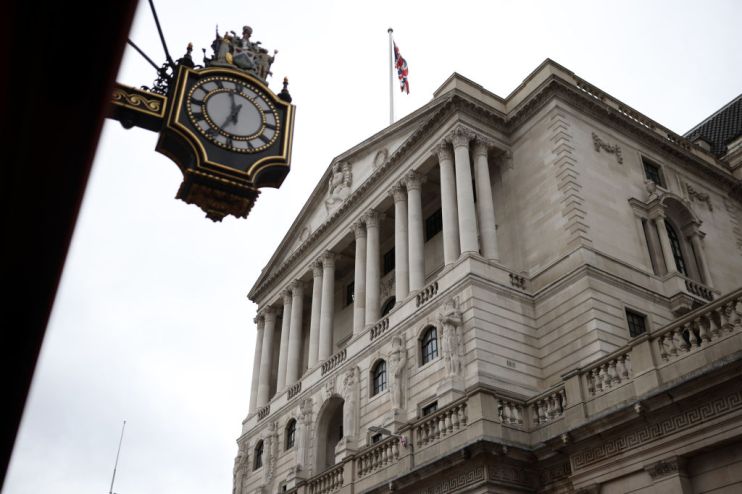Bank of England confirms AT1 bondholders priority over shareholders as it proclaims UK banks ‘safe and sound’

The Bank of England confirmed the pecking order in which investors would be paid out if a bank went bust as it sought to reassure markets about the stability of the UK’s financial system.
In a statement released today, the UK central bank confirmed that alternative tier 1 (AT1) bondholders would be prioritised over shareholders in the event of a bank collapse.
“The UK’s bank resolution framework has a clear statutory order in which shareholders and creditors would bear losses in a resolution or insolvency scenario,” the bank said.
AT1 instruments rank ahead of common equity tier one but behind other forms of capital instruments. “Holders of such instruments should expect to be exposed to losses in resolution or insolvency in the order of their positions in this hierarchy,” it continued.
The bank’s statement follows Credit Suisse’s AT1 bondholders being wiped out for $17bn in UBS’s acquisition.
Markets were blindsided by the decision which caused turmoil in debt markets as investors worried they could face steep losses in the event of another bank collapse. The ECB put out a similar statement this morning.
The bank also sought to reassure markets that the UK banking system “remains safe and sound”.
Investors have been concerned that the collapse of Silicon Valley Bank and turmoil at Credit Suisse could spiral into a full blown banking crisis.
However, the government also stressed that the UK’s banks are significantly safer now than in the past.
“We have a strong regulatory system and we have taken a number of steps over the past 15 years, together with the Bank of England, to strengthen that system,” Downing Street said.
Innes McFee at Oxford Economics agreed that banking regulations are stricter, noting that they have been “tested against theoretical economic downturns and depositor runs as the part of the normal planning of these businesses.”
“An aggressive rate hiking cycle, falling property prices and weak economic growth are a testing environment for the UK banking sector but one that regulatory changes over the past 15 years should have adequately prepared it for,” he continued.